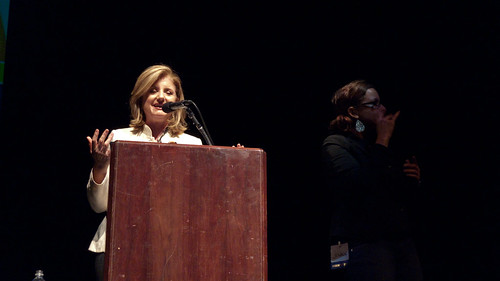I grumbled a bit to myself when I saw the Mint infographic on the “Economic Impact of Immigration”, but didn’t bother to take it any further. I’m happy to read that Aaron Patzer, the founder of Mint, saw the problem and has taken steps to correct it. Fortune Tech reprinted his email in their coverage:
I’ve been traveling and found out about the “Economic Impact of Immigration” article this morning. As soon as I read it, I had it pulled. While my editor ensures the article was fact checked, I personally question two sources of such facts. More, even if the facts or statistics to check out, they were presented in a biased, editorialized, and non-objective way.
I personally don’t think Mint, who’s dedicated to personal finance, should even be covering this particular topic. If that were in our domain, and one were covering “illegal immigration”, I should hope that we’d cover both sides of the topic. In no instance should the ethnicity or nationality matter in such a discussion. That’s simply wrong.
The post is down, I’ve put my editor on warning, and issued the following apology:
At MintLife, our mission is to give users and visitors the financial information they need to save and do more with their money. Topics range from personal finance advice, to analysis of macroeconomic trends and the fiscal impacts of news of the day. We publish content from a variety of contributors and sources, and the opinions expressed don’t necessarily reflect those of Mint.com or of Intuit. It’s true that the tone is often provocative, seeking to engage readers in dialogue around important topics, but the recent blog post “The Economic Impact of Immigration” went too far, cited polarized sources and did not receive the editorial judgment and oversight it deserved. We regret it. Our intention was not to further the agenda of any of the sources from which data was pulled, and the post has been removed.
Excerpt from: Mint CEO Patzer: “I personally don’t think Mint … should even be covering this particular topic” – Fortune Tech
I hope someone covers the misleading data in more detail. If anyone sees something comprehensive, I’d love it if you’d let me know.
